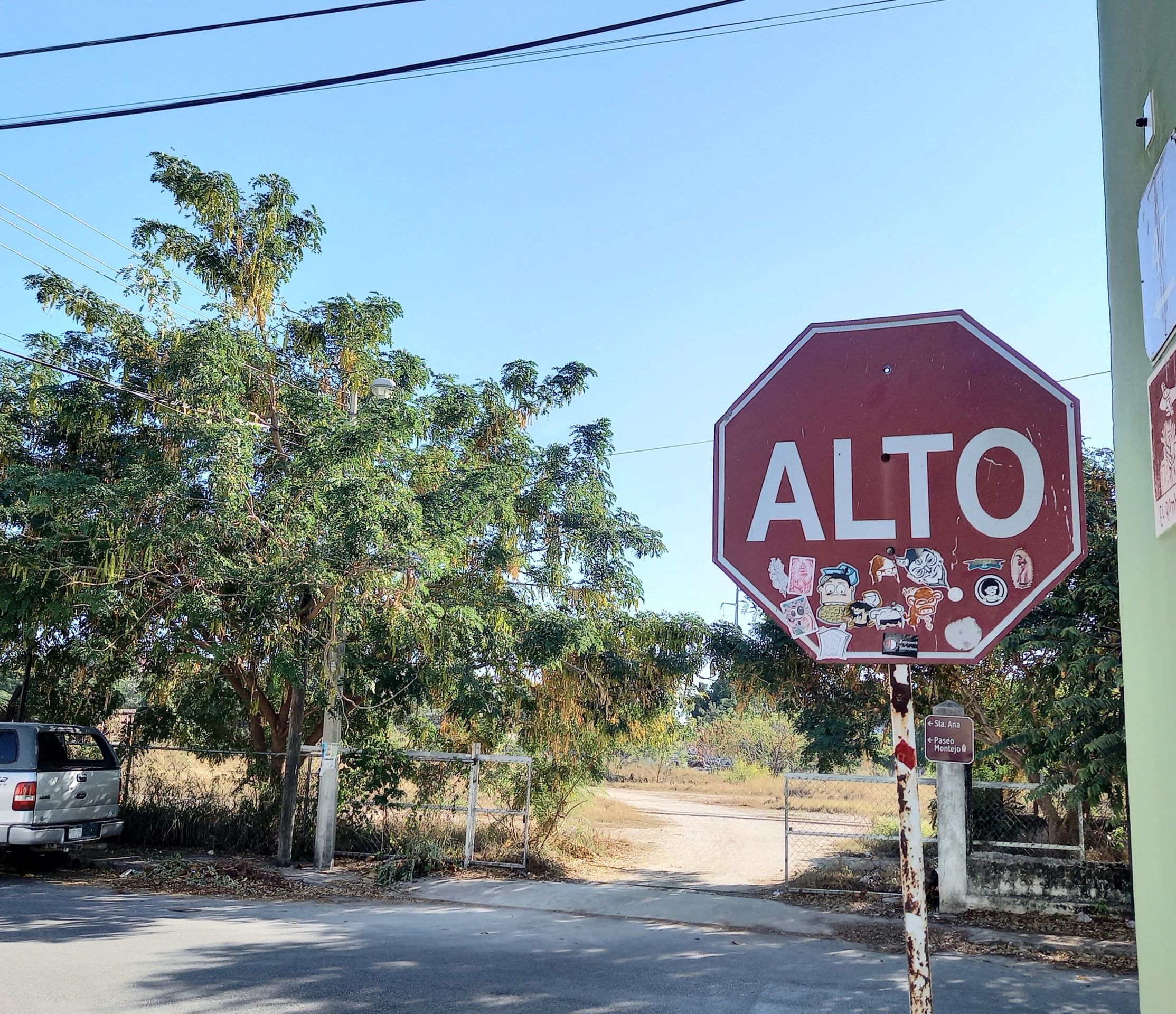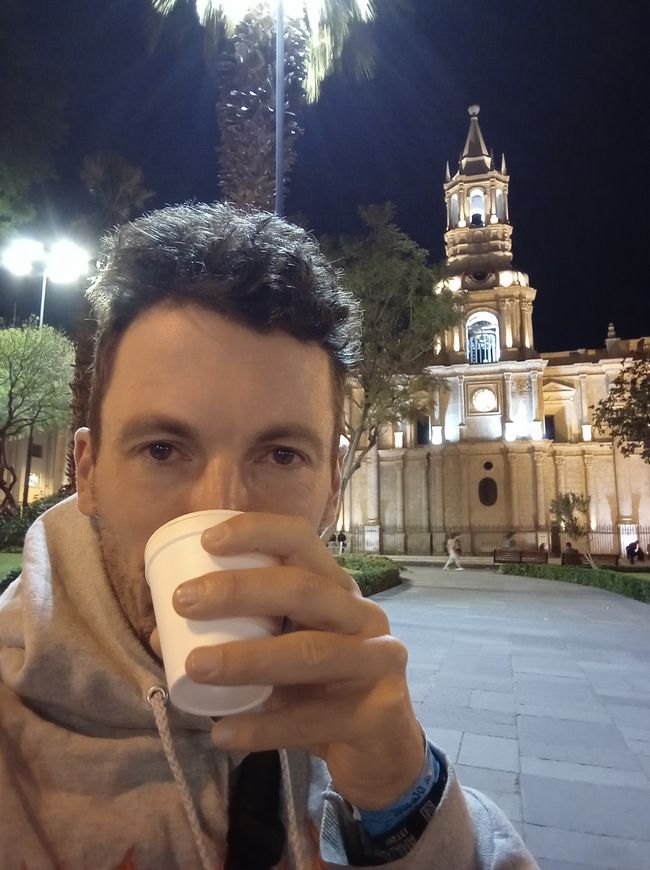The Beauty of Bordeaux
প্ৰকাশিত: 19.09.2024
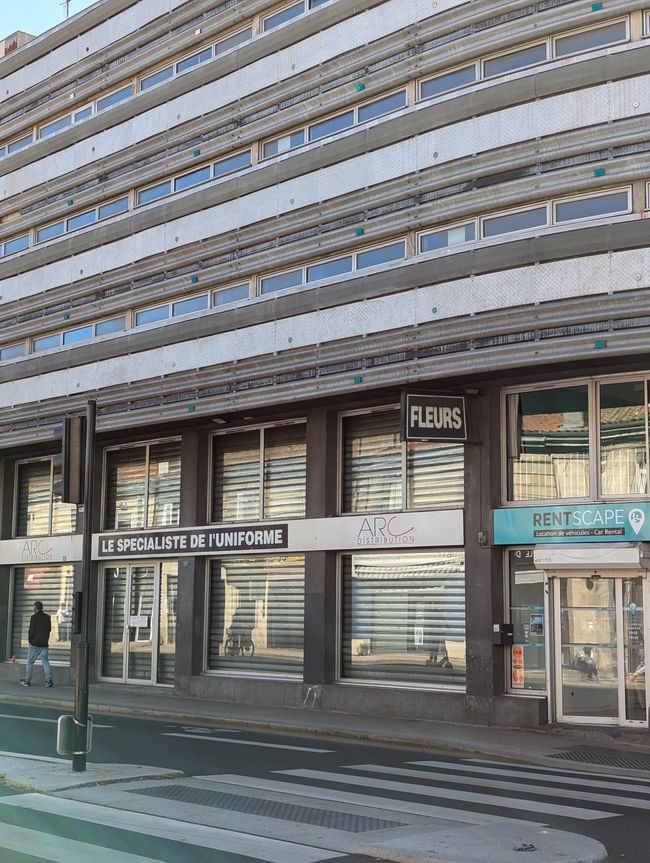
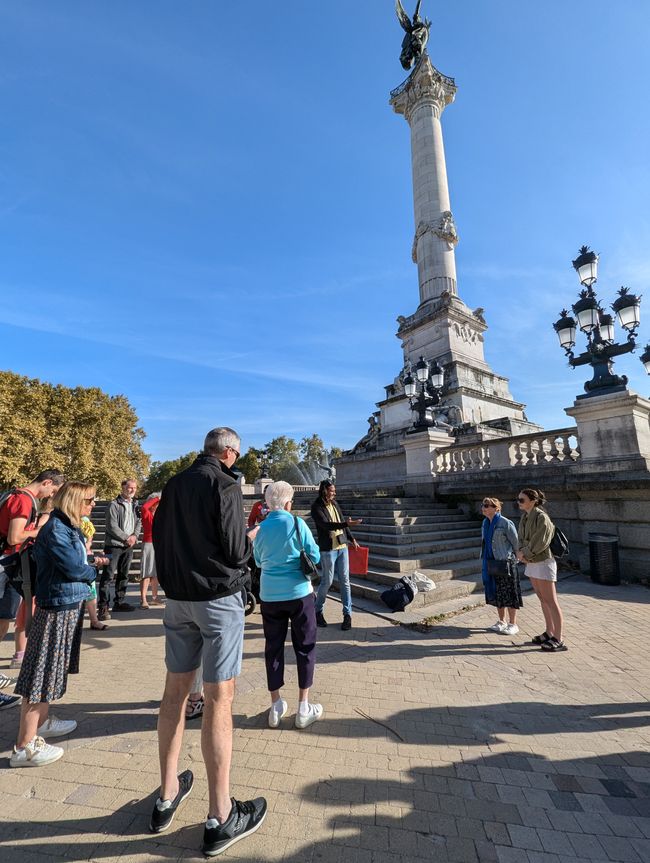
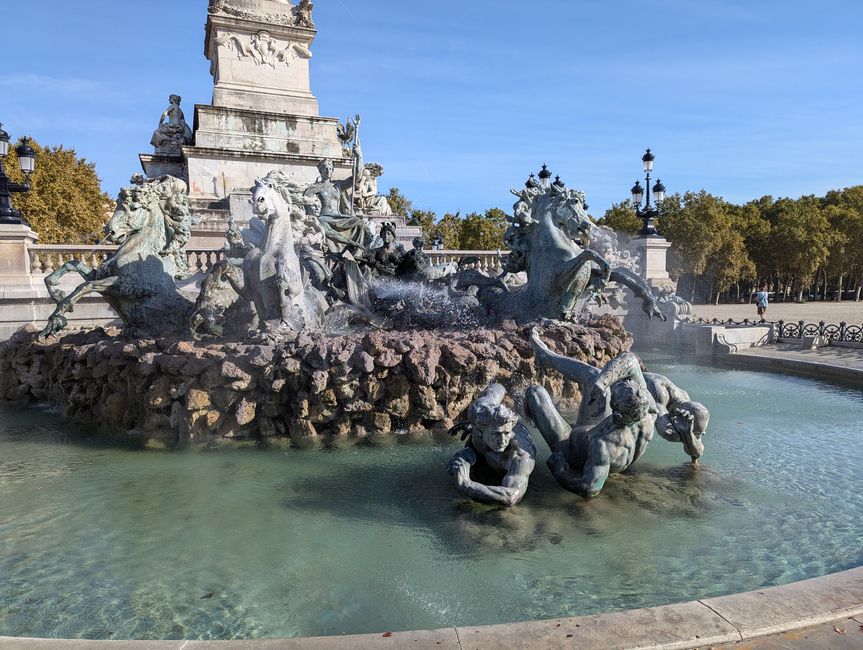
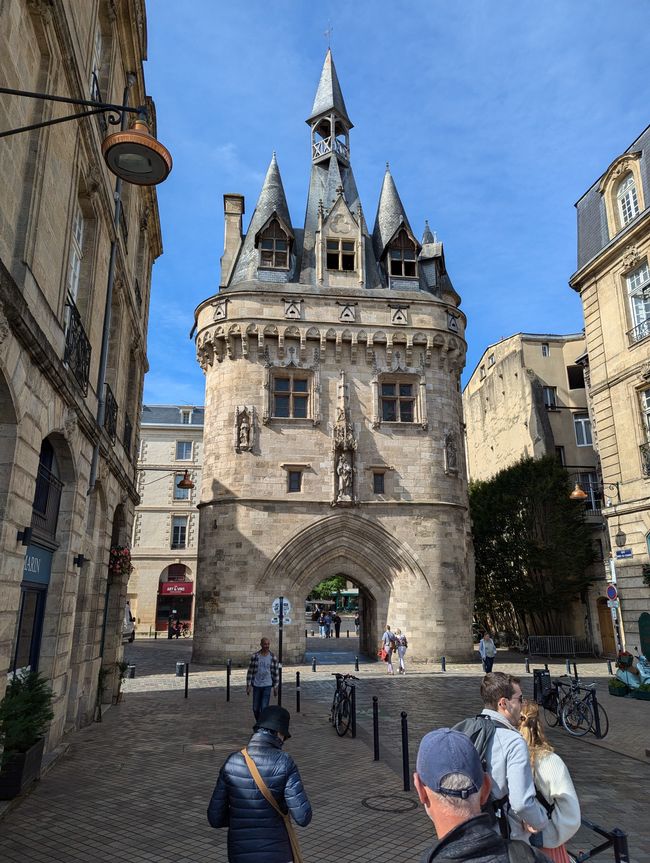
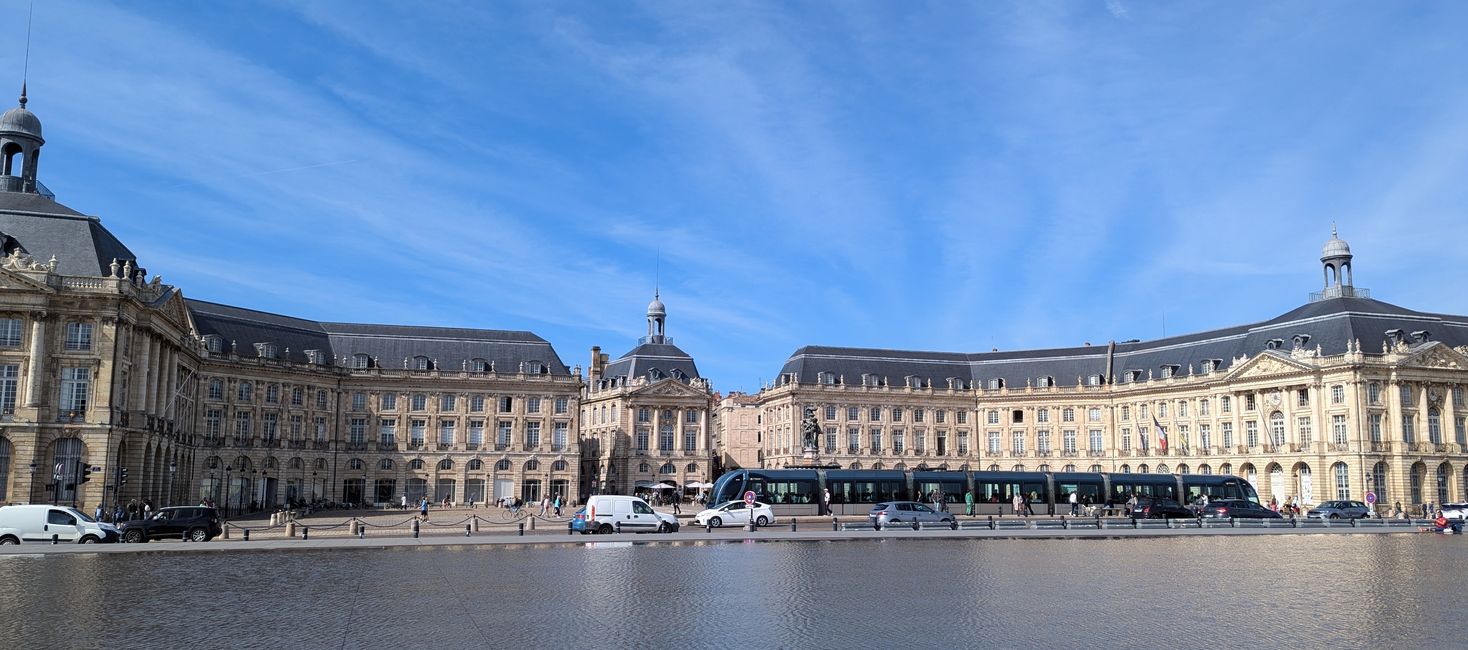
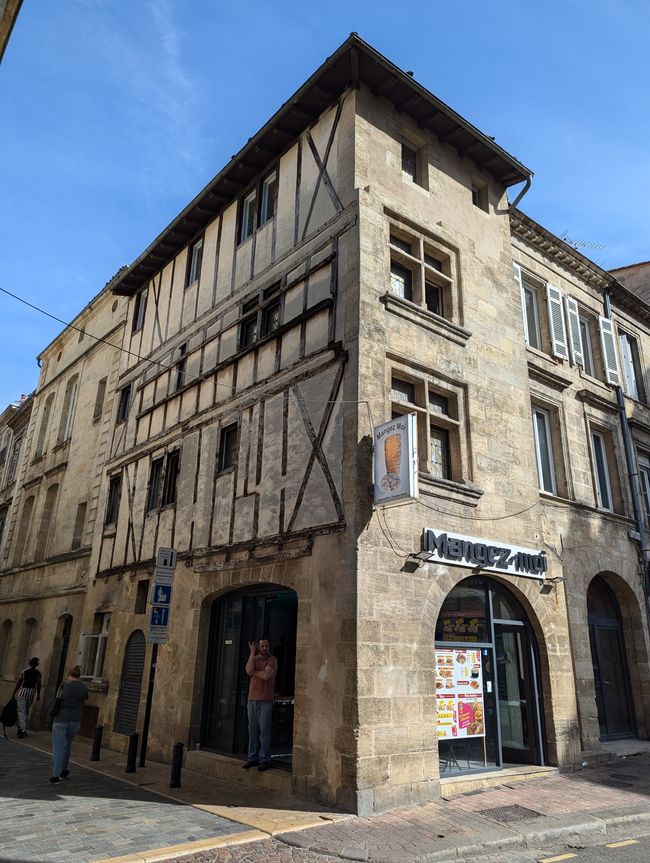
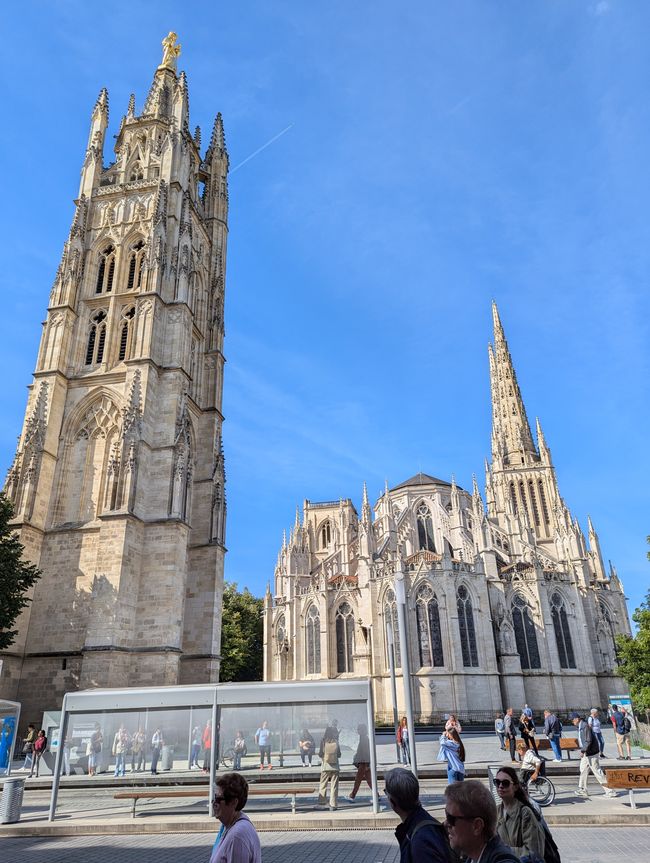
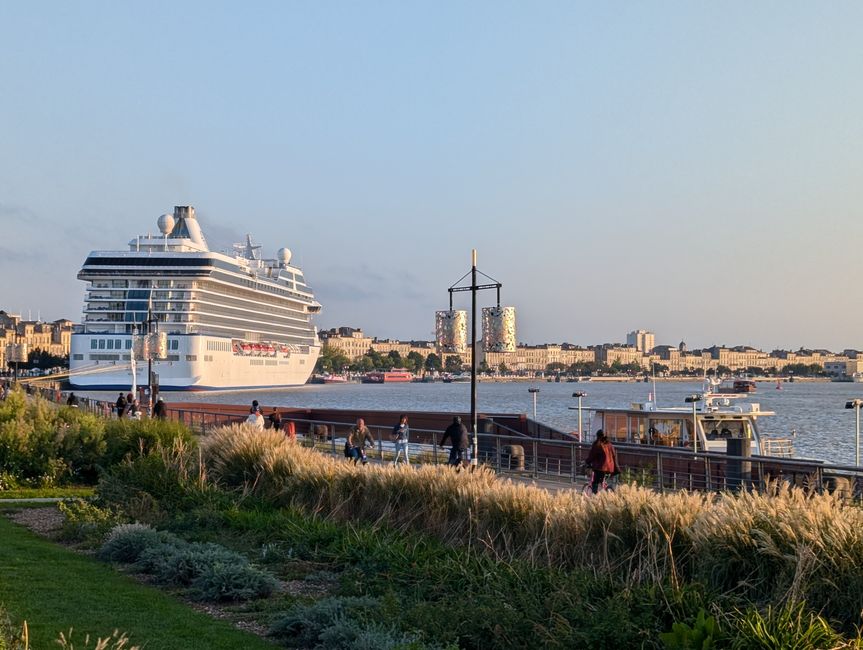
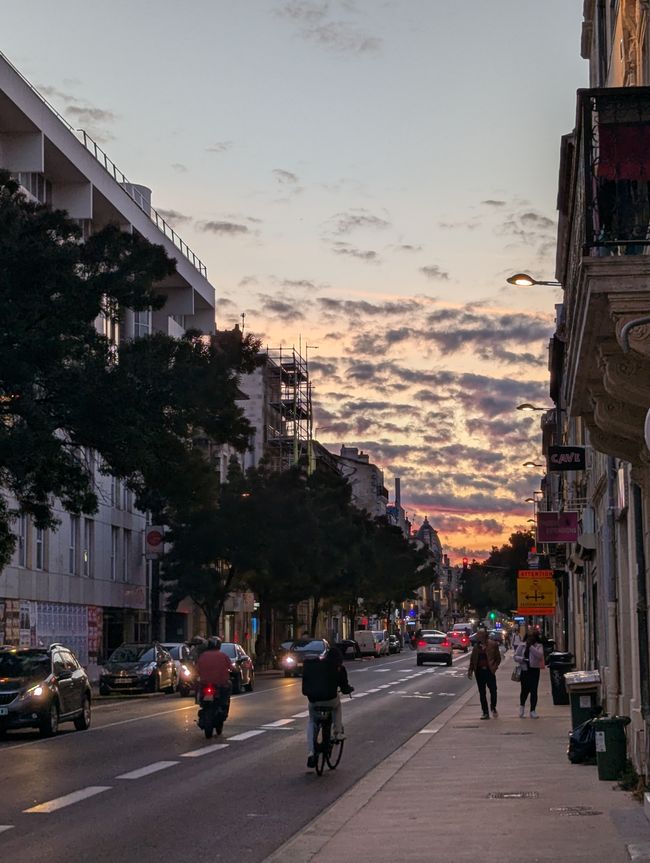
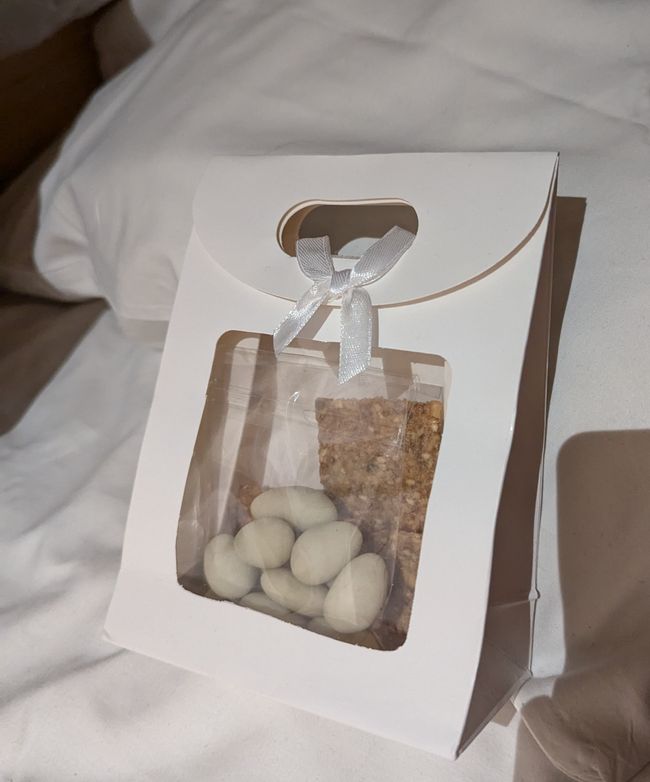
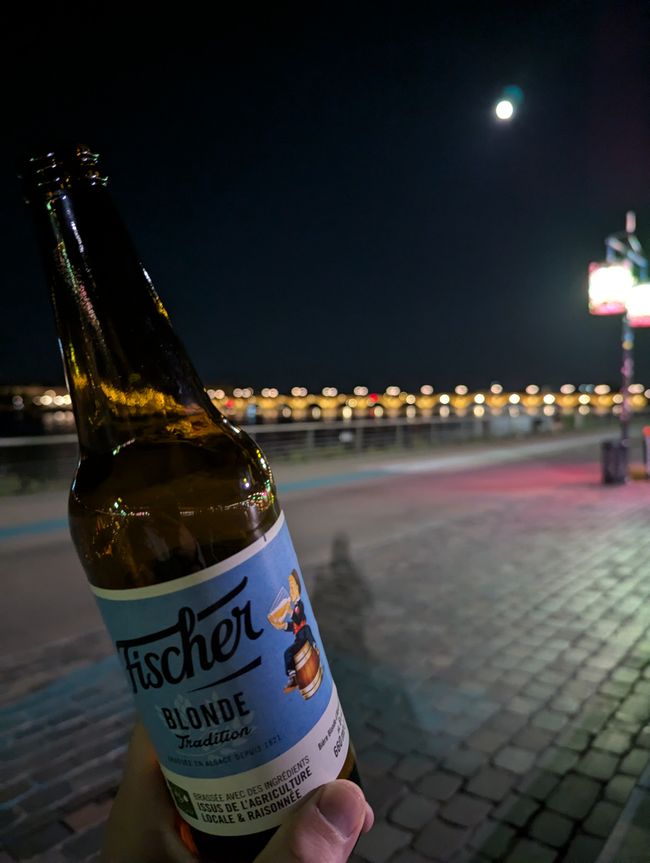
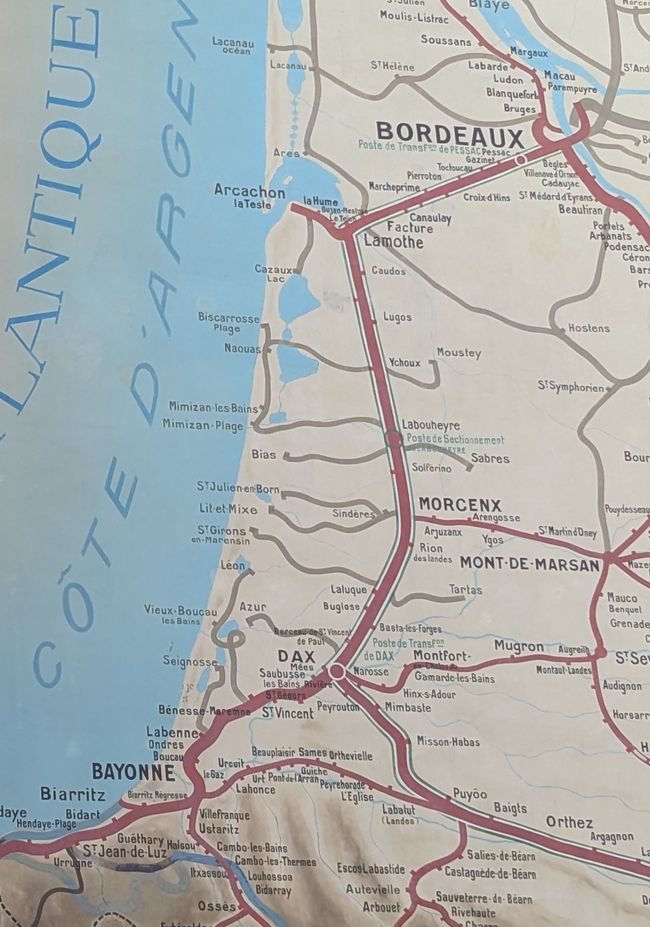
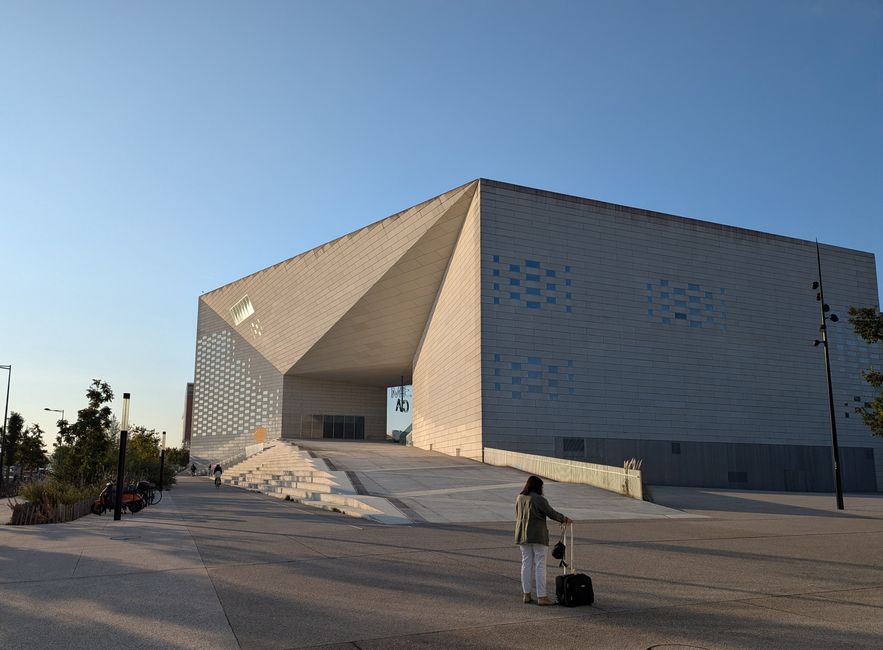
The beauty of Bordeaux was evident. Classicist buildings of medium height, magnificent facades, a manageable tangle of streets and grand boulevards, Gothic churches and squares adorned with picturesque outdoor dining.
--
Excursion: During the city tour, I learned why wine bottles hold exactly 0.75 liters. Six bottles per case yield 4.5 liters, which equals an English gallon. Good to know!
--
With the reconquest of the region by France, trade with England was banned. In its place, new businesses emerged around 1700. Bordeaux profited largely from the transatlantic triangular trade and thus from the mass shipping of enslaved Africans to the plantations of the New World.
--
Excursion: During the city tour, I learned why wine bottles hold exactly 0.75 liters. Six bottles per case yield 4.5 liters, which equals an English gallon. Good to know!
--
With the reconquest of the region by France, trade with England was banned. In its place, new businesses emerged around 1700. Bordeaux profited largely from the transatlantic triangular trade and thus from the mass shipping of enslaved Africans to the plantations of the New World.
উত্তৰ
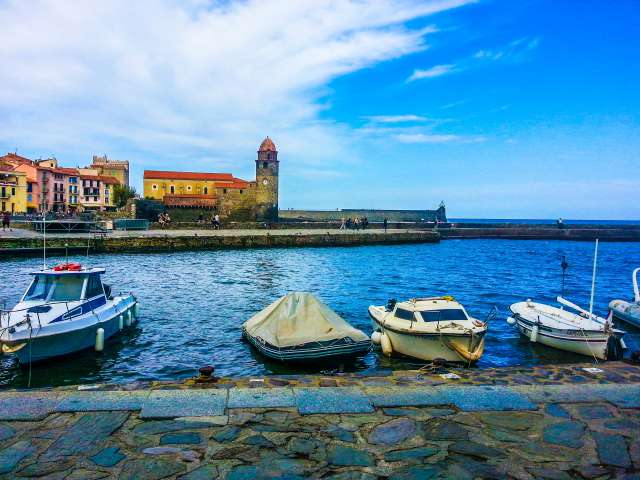
ভ্ৰমণৰ প্ৰতিবেদন ফ্ৰান্স
